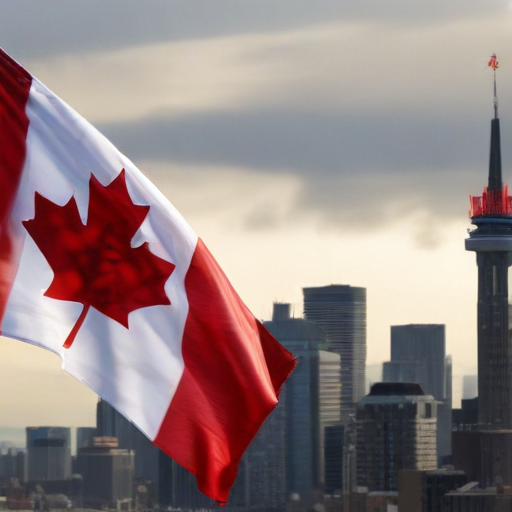Justin Trudeau, who has held the position of Canada’s prime minister since 2015, has announced his intention to step down from both his role as the leader of the Liberal Party and as prime minister after a new party leader is selected. During a press conference at Rideau Cottage in Ottawa, Trudeau indicated he will continue in his responsibilities until March 24, 2025, allowing the party to conduct a thorough and competitive leadership selection process.
He emphasized that his resignation aims to ease political tensions and enable the government to regroup for the benefit of Canadians. Trudeau articulated his belief that stepping aside will allow Parliament to refocus and address the needs of the public effectively. In his remarks, he noted that this transition is critical for reducing polarization within the political arena.
Trudeau’s announcement comes on the heels of recent political turmoil within his cabinet. Deputy Prime Minister Chrystia Freeland’s resignation over disagreements with Trudeau regarding economic policy toward President-elect Donald Trump highlighted divisions in the current government. Freeland’s decision was partly influenced by concerns over proposed tariffs that could impact Canada’s economy.
With the political climate shifting, Trudeau highlighted his intention to fight for Canadians’ interests, stating, “I’m a fighter,” while also indicating that a change in leadership might be necessary for the country’s future direction. Meanwhile, the impending leadership change occurs as support for the Liberal Party has seen significant declines, with the Conservative Party currently leading in polls.
Dominic LeBlanc, Minister of Intergovernmental Affairs, has stepped up to take over Freeland’s responsibilities as finance minister, reflecting the ongoing adjustments within Trudeau’s cabinet.
Looking ahead, the next federal election is required to take place by October 20, and Trudeau’s departure as party leader could pave the way for fresh ideas and perspectives to emerge within Canadian politics. The focus now shifts to the deliberation on the future leadership of the Liberal Party as it aims to revitalize support among voters.
In summary, Justin Trudeau’s decision to resign signals a pivotal moment in Canadian politics, potentially allowing the Liberal Party to realign and recover ahead of the upcoming election. His leadership change holds the promise of revitalization and a renewed commitment to serving Canadians.
